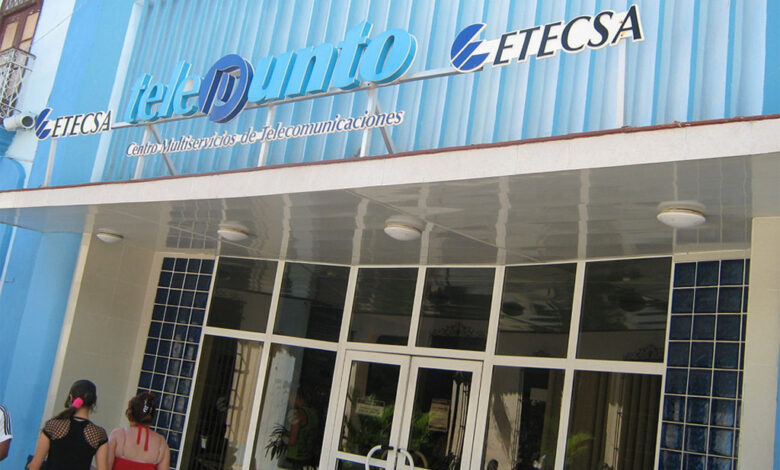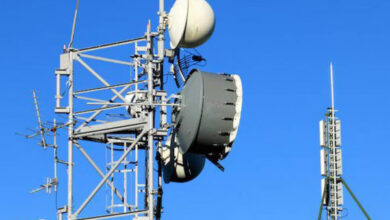US blockade causes obsolescence of Cuba’s telecommunications network

Havana, May 23.- The United States blockade against Cuba causes 85 percent of the Caribbean country’s telecommunications network to present technological obsolescence, the Cuban Telecommunications Company (Etecsa) denounced today.
The Commercial Vice President of Etecsa, Lidia Esther Hidalgo, pointed out to the Granma newspaper that the effect of the unjust and genocidal US blockade conditions higher prices for the company’s purchases, in a range of between 30 and 40 percent.
In contrast, foreign currency income, throughout this year, decreased by 30 percent compared to the same period in 2023.
This determines that the corresponding investments for the development of the network cannot be executed.
Likewise, it complicates the purchase of resources for scheduled equipment maintenance and the actions that are carried out in response to the effects that arise.
There are more than 16,000 reports of interrupted phones, three-quarters of them concentrated in Havana, the official exemplified.
The official also pointed out the low availability of exchange SIM cards for mobile telephony and terminal equipment (Nauta Hogar modem) and Alternative Fixed Telephony (TFA).
She argued that as a consequence of the effects of the national electrical situation, around 450 radio bases are interrupted daily due to the lack of energy backup.
Despite the complex situation facing the country, associated with financing and the direct impact of the blockade imposed by Washington, Etecsa works to increase services.
Proof of this, she said, is that of the 7.8 million mobile users, 7.3 million are enabled to use the Internet.
According to the parameters of the informal exchange rate, one gigabyte of mobile data is equivalent to 0.17 dollars, the lowest correlation in the entire Caribbean, say specialized study centers.
She highlighted the directive that continues the expansion of connectivity in institutions in the scientific, educational, health and internal trade sectors, as support for the country’s digital transformation process, one of the pillars proposed for Government management.
She detailed that more than 54 thousand business services have an average bandwidth of six megabits per second (Mbps) and work is being done to create and perfect technological platforms for electronic payment.
Soon, the specialist added, the Cuban application Transfermóvil will reach five million active clients, with an average of more than 40 operations per second.
She also expressed that the company maintains the commitment to bring telecommunications services to remote places, and an example is the 250 VSAT satellite stations (Very Small Opening Terminal).
These actions – she indicated – are carried out in the midst of a financial situation that makes it difficult to fulfill commitments with technology and service providers, as well as the development of investments for their maintenance, in addition to affecting resource replenishment times. (Text and photo: PL)



